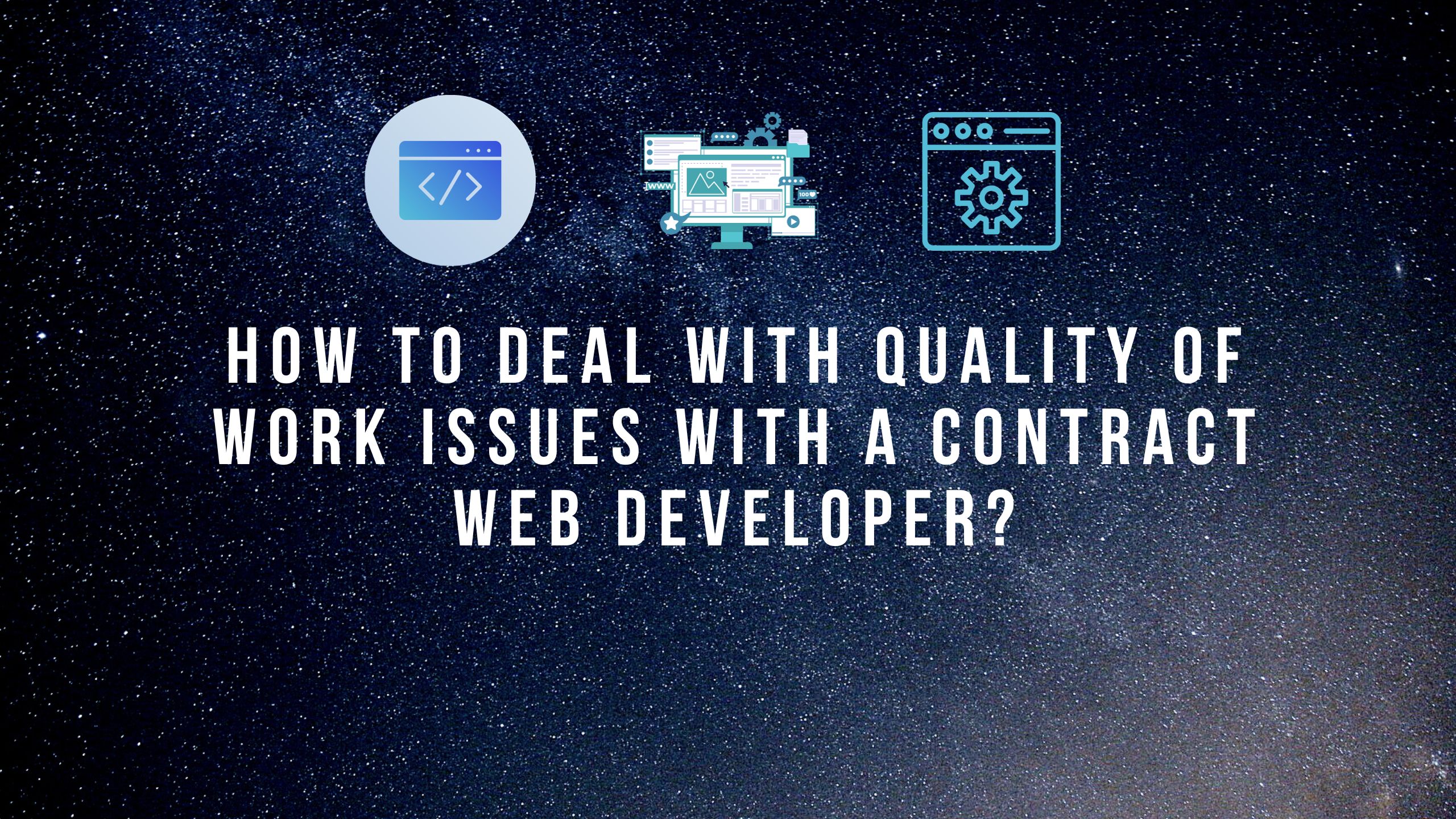Introduction
In the dynamic and ever-evolving world of web development, contract-based work has emerged as a viable and rewarding career path for many skilled professionals. However, it’s often surrounded by misconceptions and uncertainties, deterring some from exploring this promising avenue. Let’s address these concerns and unveil the exciting opportunities that await contract web developers.
Dispelling Common Myths About Contract Web Development
Myth 1: Contract Work is Unstable and Unpredictable
This myth stems from the misconception that contract-based web development lacks the stability and predictability of traditional full-time employment. However, the reality is quite different. Contract work offers flexibility and control over your workload, allowing you to choose projects that align with your interests and expertise. This flexibility empowers you to create a diverse portfolio, expand your skillset, and maintain a healthy work-life balance.
Myth 2: Contract Jobs Lack Growth Opportunities
Contract work is often perceived as limiting professional growth and development. However, this couldn’t be further from the truth. Contract-based web development provides a platform for continuous learning and growth, exposing you to diverse projects, technologies, and clients. This dynamic environment fosters professional development, opens doors to new opportunities, and keeps you at the forefront of the ever-evolving web development landscape.
Myth 3: Contract Developers Are Less Valued Than Full-Time Employees
Contract web developers bring fresh perspectives, specialized knowledge, and a commitment to delivering exceptional results. Their expertise is highly sought-after by companies that recognize their value and often build long-term partnerships, leading to recurring projects and financial stability. Contract developers have the potential to earn as much, if not more, than their full-time counterparts, setting their own rates and maximizing their earning potential based on their skills and experience.
Myth 4: Contract Work Limits Earning Potential
Contract web developers often command top compensation for their skills and experience. They are not tied to a fixed salary and can negotiate rates based on the project’s scope, complexity, and their own expertise. Additionally, contract work often involves fewer administrative tasks, allowing you to focus on billable hours and maximize your earning potential.
Myth 5: Contract Work is Isolating and Lacking in Teamwork
Contract web development often involves collaboration with in-house teams and other contractors. You’ll gain valuable insights from experienced professionals, build a network of connections, and develop strong teamwork skills. This collaborative environment fosters a sense of community, shared success, and continuous learning.
Embracing the Opportunities in Contract Web Development
With the myths dispelled, it’s time to embrace the exciting opportunities that await contract web developers. Here are some compelling reasons to consider this rewarding career path:
1. Flexibility and Control Over Your Workload: Contract work offers the freedom to choose projects that align with your interests, expertise, and schedule. You can set your own hours, work remotely, and maintain a healthy work-life balance.
2. Continuous Learning and Growth: Contract-based web development exposes you to diverse projects, technologies, and clients, fostering continuous learning, expanding your skillset, and keeping you at the forefront of the industry.
3. High Earning Potential: Contract web developers have the potential to earn as much or even more than their full-time counterparts. They can set competitive rates based on their skills, experience, and project complexity.
4. Networking and Building Relationships: Contract work provides opportunities to network with other developers, agencies, and potential clients, building valuable connections and expanding your professional network.
5. Diverse and Stimulating Projects: Contract-based web development offers a variety of projects, from small startups to large enterprises, exposing you to diverse challenges and keeping your work engaging and stimulating.
6. Work-Life Balance: The flexibility of contract work allows you to manage your time effectively, prioritize personal commitments, and maintain a healthy work-life balance.
7. Global Reach and Remote Work Opportunities: Contract web development opens doors to remote work and collaboration with clients worldwide, expanding your career horizons and opportunities.
8. Specializing in Niche Areas: Contract work allows you to focus on specific technologies, frameworks, or industries, becoming an expert in niche areas and gaining a competitive edge.
In conclusion, web development on contract offers a dynamic and rewarding career path for skilled professionals seeking flexibility, growth, and high earning potential. Embrace the opportunities, dispel the myths, and embark on a successful journey as a contract web developer.


